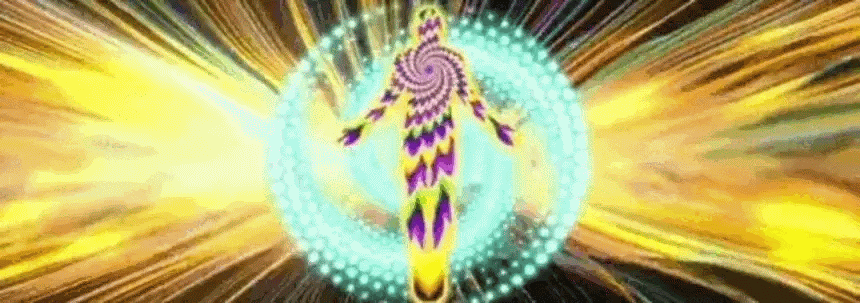(Image via Wikipedia)
A recent study published in TIME put the spotlight on the kind of pain felt by people on the business end of a breakup.
The study notes, with classic academic rigor, that the spurned students had engaged in activities such as "inappropriate phoning, writing or e-mailing, pleading for reconciliation, sobbing for hours, drinking too much and/or making dramatic entrances and exits into the rejecter's home, place of work or social space to express anger, despair or passionate love."
Besides attesting what we know; that the mind cannot distinguish between fantasy and reality, that every pain is just the same as any other, and that how we feel is more a choice than the result of our experience, the study highlight the fact the pain is unpleasant, even more so if we think it should be, and that the pain of romantic rejection is just as real as hitting your thumb with a hammer.
Seen in the context of similar research on the brain and how it works, it informs our recent understanding that minds make sense of the world through a system of pattern recognition that orchestrate most of our awareness to a seamless flow of highly predicted existance. It is only when we experience something new that our mind come to focus our reason, tickle our fancy, spark the flame of curiosity, and bring our senses to the high alert of adventure and discovery.
Quite the opposite to how we think under the bain of heartache, rejection, loss and pain, but then we must accept that broken hearts don't live well, and just as emotion will twart any attempt at logical thought and deductive reason, we cannot expect to find any meaning without the courage to open our hearts, and share in love and living life.
Related articles by Zemanta:



